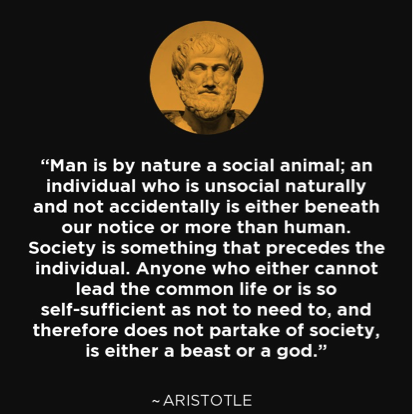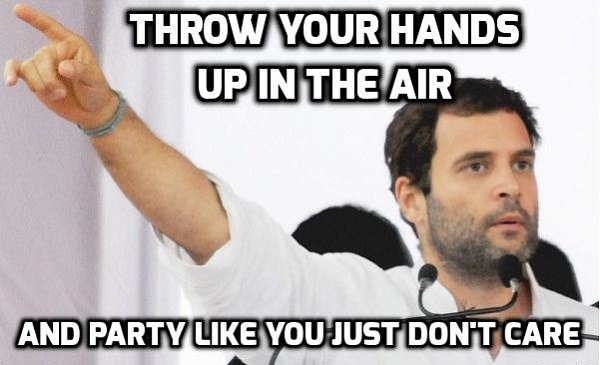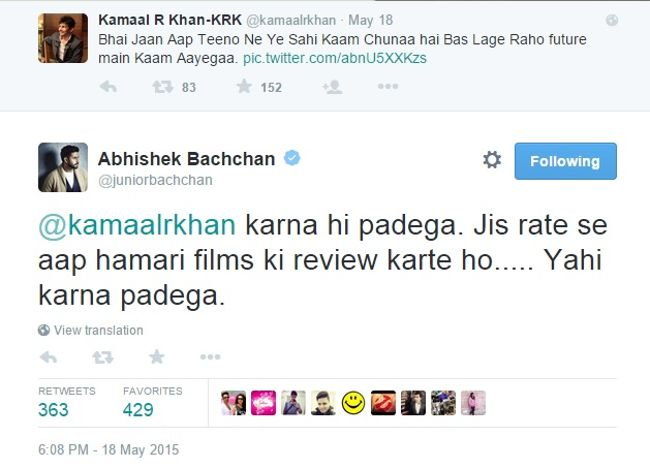Just like you saw in the video, the good news is that networking can be learnt.
Like most skills, with preparation and practice you can become an excellent networker too!
The great philosopher Aristotle said:

Networking @ events and formal settings
Apart from the hot samosa and chai at most events, you should look forward to tea breaks, as an opportunity to network. These events are full of talented and powerful people, and you are standing under the same roof with them! There will hardly be a better setting than that to build connections.

I went for Kyoorius Design Yatra, one of the largest gatherings of clever people displaying their expertise and sharing experiences, from all over the world! The ticket is expensive and hence, only the truly eager were attending; I could understand their enthusiasm. But I was surprised at the eagerness of the speakers to answer questions and talk about their work even during the after hours of the event.
There’s one big lesson to be learnt here: Don’t let awe or fear come in the way of meeting new people.
Ask questions, add to concepts that they discussed, discuss your work, share new ideas. People are curious about ideas and a conversation that is mutually beneficial.

Begin by finding the right events.
Facebook - Join a group or Facebook event and participate actively by being present regularly at meets, participating in conversations and following up after every event with the people you interacted with.
LinkedIn - Groups on LinkedIn often post events that are associated with specific industries. You can choose your area of interest.
Meetup – This is a great resource platform for finding groups in professional and non-professional contexts. Most of these groups meet regularly and the website allows you to continue discussions after each event.
Eventbrite - This provides an easily categorized search and map of local upcoming events. Eventbrite’s networking section can inform you of everything from casual mixers to formal panel discussions.
But before you attend any event, a few things should be clear in your mind.
Set your objective
1. Why are you going to this event?
No, don’t say, “I’ll see how it goes.” Set clear objectives to be achieved and stay focused on them. For example:
- I want to meet two new entrepreneurs
- I’ll get a job lead
- I’ll befriend at least 1 journalist
2. What should I wear that’ll help me blend in?
Pick a formal outfit that is washed and ironed. Don’t take risks by being overly casual and disheveled. Go for one of your favorite outfits for events where the crowd can be intimidating. If you feel good in an outfit you’ll display tremendous confidence, which is a big positive while networking.
3. What should I take along?
Most people forget their business cards and rely on the age-old excuse – “I gave away my last card.” If you have cards, carry them in a case and keep it in a place that is easy to reach, ideally your pocket. If you don’t have a business card, collect as many as you can from the people you meet and mention that you will write to them as soon as you get back. We will learn how to stay connected with people in the last section.
Carry a pen and small notebook in that small space in your bag that is easy to reach. Make notes on the discussions, notes on your interaction with people, their names and other contact details just in case they run out of cards. These notes will be useful when you need to follow-up with your contacts. You might think that you’ll remember interesting details from the event, but most of the time we either forget or mix-up conversations because there’s so much to grasp in one interaction.
Introduce yourself right.
1. How do I introduce myself?
Make eye contact, smile, state your first and last name, give a firm and brief handshake. Listen carefully as the other person introduces himself, paying special attention to his name and work details.
2. How to start a conversation?
You ask a question first. By letting the other person answer first you get insights into his viewpoint, which is very important in order to understand where to take the conversation.
Go back to the notes in your head, pick a point that you have a strong view on and ask your first question. Listen carefully to the answer, analyze it carefully in your head and structure what you’re going to say next. Be curious; show interest and enthusiasm at all times.
3. How to make the conversation work?
You can steer the conversation to a more personal tone by preparing some questions beforehand.
- What’s exciting about your job?
- What does your role in the company allow you to do?
- What are the projects you’re excited about right now?
- Have you always worked in this industry?
- What are the next big opportunities in industry x?
Such questions give rise to strong emotions in a person’s mind and chances are that you’ll be remembered not just for the conversation but for the impact it had in the other person’s mind.
4. Don’t interrupt. Ever.
Getting interrupted is not fun. Listen eagerly and patiently to show that you respect the other person and are giving them your complete attention. People can tell when you’re actually listening, and they appreciate it.
Networking on Social Media
Networking is the very essence of social media and if done correctly, you can actually land an interview just by planning a little ahead.
1. Create complete profiles across mediums
Treat your profile on LinkedIn as your resume. Fill it up with your accomplishments, strengths and skills you can offer. Refer to chapter 4 for a detailed explanation on how to write your bio.
2. Connect with people from the industry
Join groups related to your industry that are active and exciting. As soon as you join, introduce yourself. Stay connected by answering questions, proactively introducing new content on the group to start more meaningful conversations.
3. Give more than you take
Help out by answering questions, providing links to great content and introducing people who you gauge would work well together. You will be applauded for initiating a meaningful partnership.
4. Don’t blatantly ask for jobs
There is a method to apply for jobs, which we will discuss in the next module. Instead, put up your skills, interests, expertise, experience and opinions on display for the employer to see, assess and get excited about.
5. Always reply to communication directed at you
If you don’t respond you will leave the other person guessing. And a guessing game usually leads to negative conclusions that will work against you. You will also slowly slip away from the person’s mind, thereby losing a valuable contact. So, always reply to any form of communication addressed to you.
Timeline:
Again, start now! Or on Weekends.
Apart from watching films and dining out- there’s so much more we all do these days. Go out barhopping, on pub crawls and dessert crawls, for food fests and cycling events. Even to a poetry slam or a comedy gig! Or to charity events or participating as volunteers! Professional networking starts right here. Meeting people involved in different fields, connecting with them, and eventually, developing your own interests through this collaboration. That’s how Brand Me will meet the right people! Just check your local newspaper on Fridays and Saturdays. There is usually a section that says, ‘things to do this weekend.’ See anything interesting? And event or a workshop? That’s where you go then!
Key Takeaways
- Networking is a skill that can be learnt.
- Build connections at events or conferences.
- Do not let fear or awe stop you from talking to new people at events and conferences.
- Ask, discover and communicate with people freely at events or conferences.
- Do your pre-event research and find out who will be attending, and connect with them on social media.
- Define an objective for attending events.
- Think of your dress and carry along useful stuff before you go, carefully.
- Introduce yourself properly at events.
- Start conversations and listen carefully to the other speaker/s.
- Ask pertinent questions during events.
- Do not ever interrupt when someone else is talking.
- You can effectively network on social media as well.
- Create complete profiles to network better.
- Connect with the right people on social media.
- Do not ask for work blatantly on social media.
- Create a meaningful partnership with all your social connections by sharing content and engaging.
- Always reply to communication you receive.
Up Next:
There are many other non-intrusive, effective ways to keep in touch with your contacts. In the next chapter, we’ll discuss points that’ll help you maintain professional relationships and stay top-of-mind.




 ALL COURSES
ALL COURSES  LIVE CHATS
LIVE CHATS  EXPERTS
EXPERTS  MY CERTIFICATES
MY CERTIFICATES  ABOUT
ABOUT  SUPPORT
SUPPORT
DISCUSS